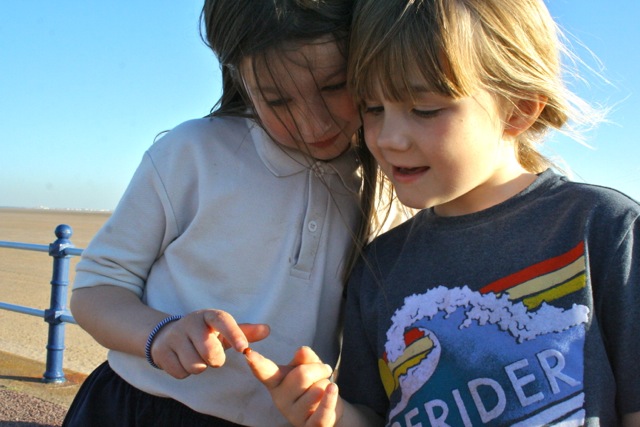I am a grown woman of 25.
Sssh. Go with it.
I have my own home, a business, and a driving license.
Heck, I’m even in sole charge of a small person for a big chunk of my week.
I can plumb in a dishwasher, change a car tyre and set up a wireless network.
To all intents and purposes, I’m an independent, functioning adult.
But I am utterly unable to deal with confrontation.
If someone upsets me I am approximately 10 million times more likely simply to never speak to them again than to say, “Hey, I really didn’t like that you did that.”
I go out of my way to avoid confrontations – giving people the benefit of the doubt, trying to understand and explain away the thing that has upset me (“She probably thought I wouldn’t mind”) or just indulging in some good old-fashioned passive aggressive snarking on Twitter.
I don’t mean disagreements, as such. If I disagree with someone, I’m usually pretty happy to state my case – although I’m unlikely to get involved in prolonged arguments, since I’m a big believer that it’s more important to be happy than to be right. I’m pretty content to let people think I’m wrong about X or Y, or to let people believe rumours about something if they choose. I’m not about to waste my time and energy trying to change their minds.
So the woman on Facebook this week who told me that it is “not okay” that Flea occasionally had “powdered poison” as a baby is more than entitled to her view, and while I disagree, I fully support her right to be completely and utterly wrong.
That, I can do without a second thought.
Where life gets more complicated is in those funny grey areas of interaction – when someone hurts your feelings, or isn’t honest with you. Or when someone has let you down, or betrayed your trust. The sort of situations where you think someone has behaved poorly, but you know they won’t thank you for bringing it up.
I’m really bad at that. By which I mean catastrophically bad. I express myself badly, I forget the point I was trying to make halfway through, and I feel horribly guilty and nine times out of ten end up apologising to the person who I really want to apologise to me.
And then I end up removing the person from my social circle because, honestly, nothing’s been resolved, I’m still pissed off, and I don’t really want to talk to them any more. Sometimes that feeling passes, sometimes it doesn’t.
I have a sneaky feeling that, as a parent, this is not the best example to set to my child. After all, I’d like her to be able to resolve disagreements constructively – so I am trying to be better at confrontation.
Do you have any tips? How do you teach your kids about confrontation?
And how do you set a good example for them to follow?






